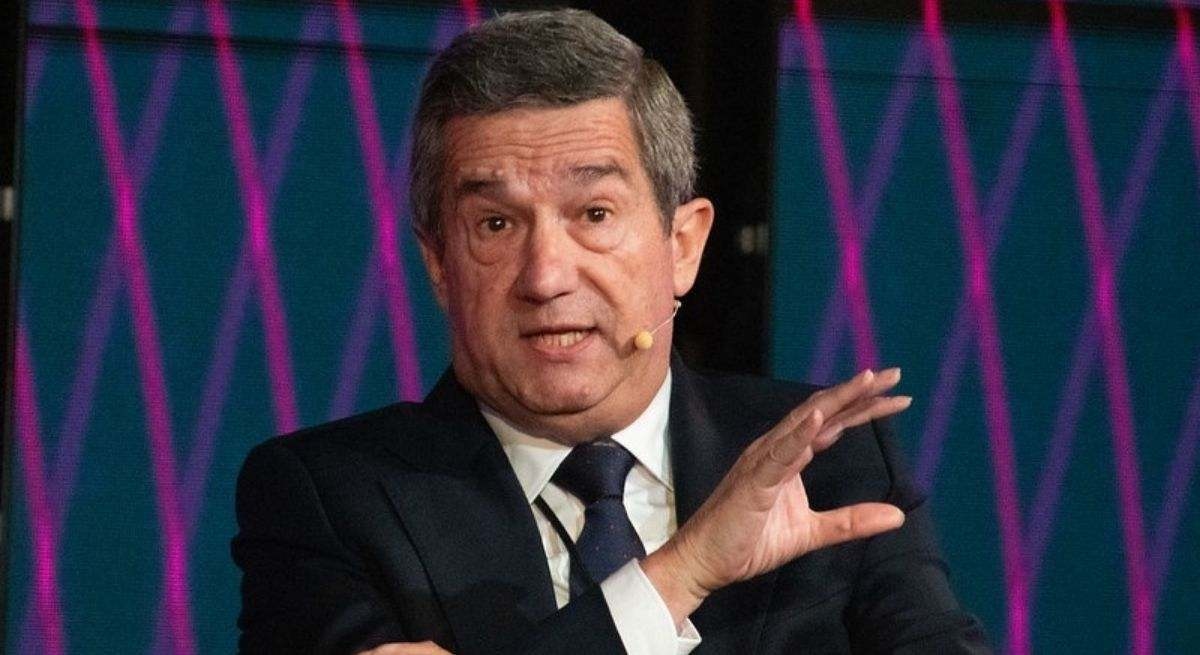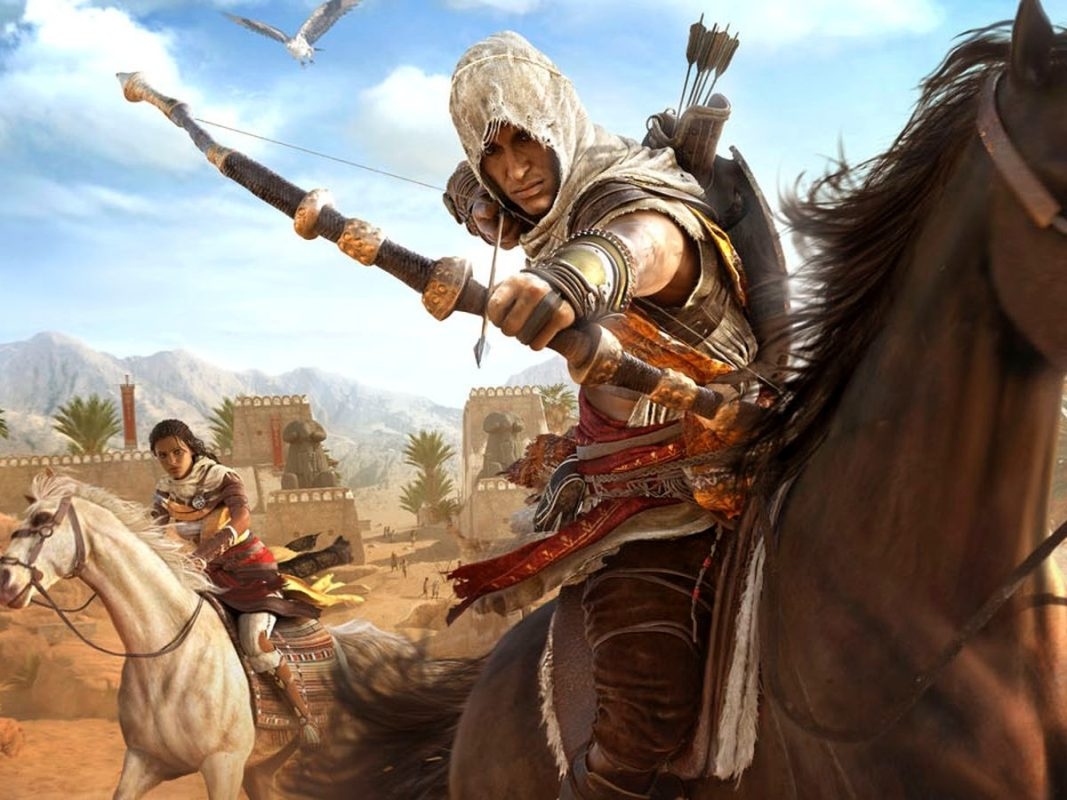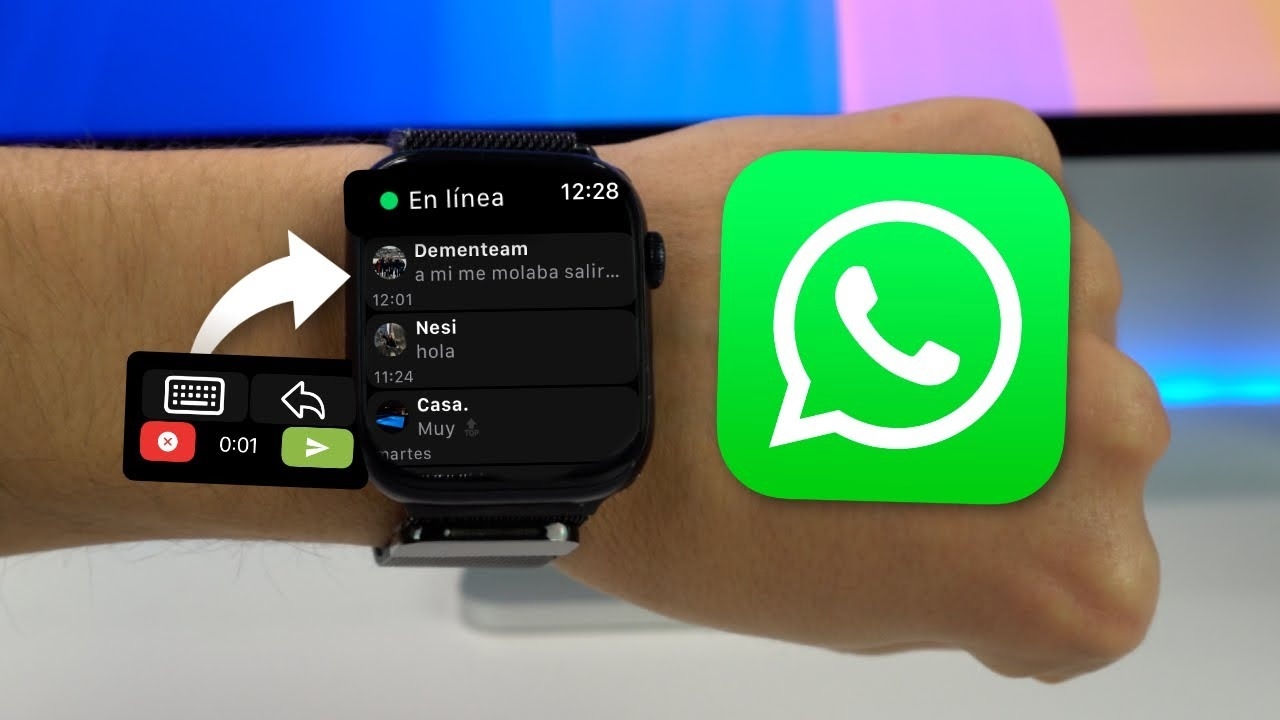Miguel Arrufat, an expert in teaching methodology: "In five years, AI will completely change the university."

"In five years AI will completely change the university," said Miguel Arrufat , promoter of the International University of La Rioja (UNIR) and expert in didactics, during the 1st Ibero-American Future Congress, organized by the Ibero-American General Secretariat (SEGIB) and the Encounters of the Future Foundation.
In his speech, Arrufat explained the five major impacts of AI on the university:
Impact on studentsIt is heterogeneous, and we can distinguish three groups. A large group already has a dangerous dependence on generative AI , which weakens their learning autonomy and harms the development of their intellectual habits. Another group of students who already have established intellectual habits are taking advantage of AI to go further and faster. And a third group uses it as a shortcut to simulate academic achievement with minimal effort. This is an unacceptable effect, which necessitates a review of assessment methods.
Impact on the learning experienceThis evolution is achieved through the genuine personalization of learning and pathways, and the use of innovative active methodologies, such as virtual assistants, virtual laboratories , and simulators. Furthermore, it presents a challenge to continuous assessment, so crucial in higher education. UNIR's system aims to ensure both the reliability of academic results and student authorship.
Impact on teachingTeachers must develop two key competencies: first, they must become Learning Experience Designers, capable of leveraging new technological resources and active methodologies facilitated by AI. Many North American universities are incorporating Instructional Designers into their departments. The second competency to develop is that of content curator.
AI quickly makes subjects outdated. The teacher then assumes the role of critical curator of everything AI produces. The enormous output of AI content forces the teacher to curate with critical judgment, validating what is reliable, ensuring quality, and reducing the gap between what is taught and what society demands.
Impact on research and impact on the university in generalAI does not replace researchers, although it does augment their capabilities . Spanish universities are already working on this AI challenge , but the significant financial and specialized personnel investments required necessitate ongoing cooperation. And the government, for its part, must create space for public-private partnerships.
eleconomista




